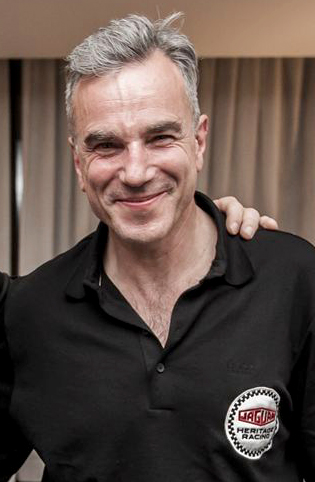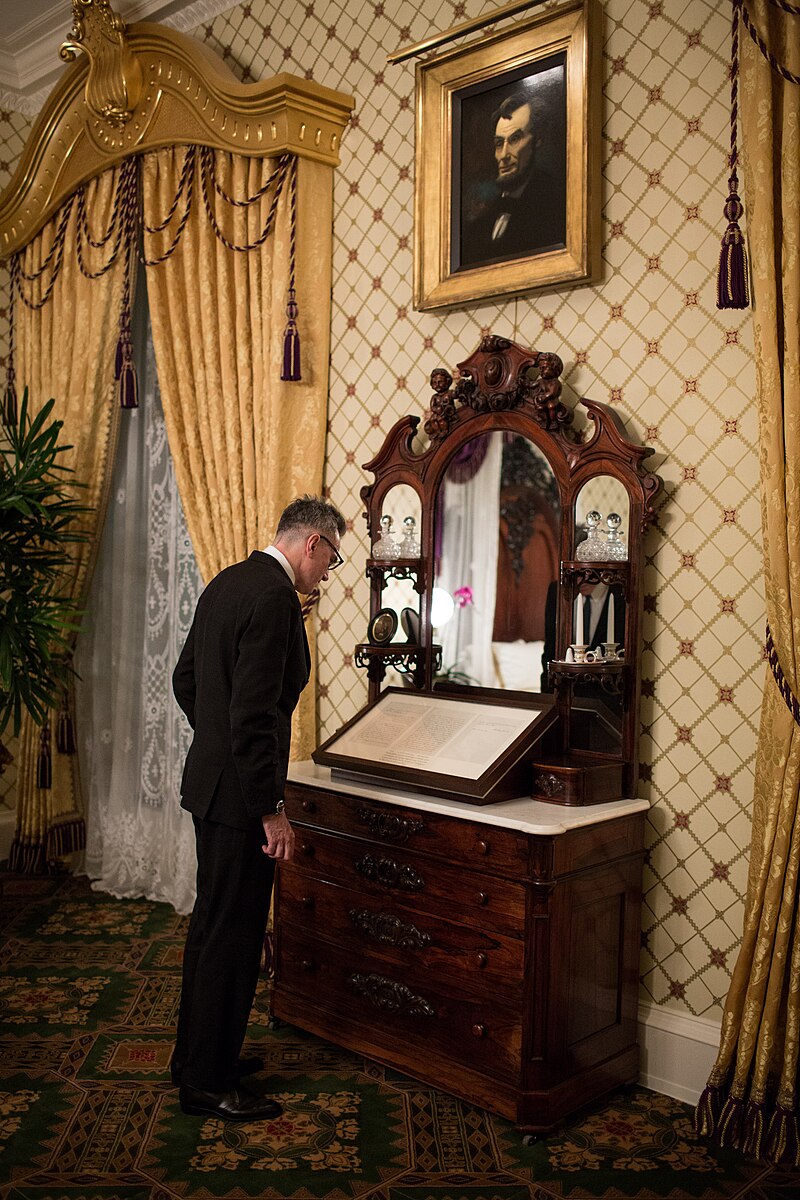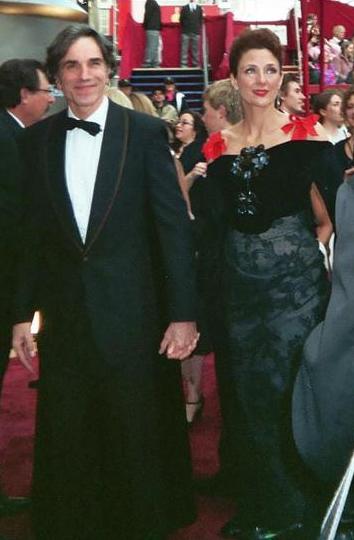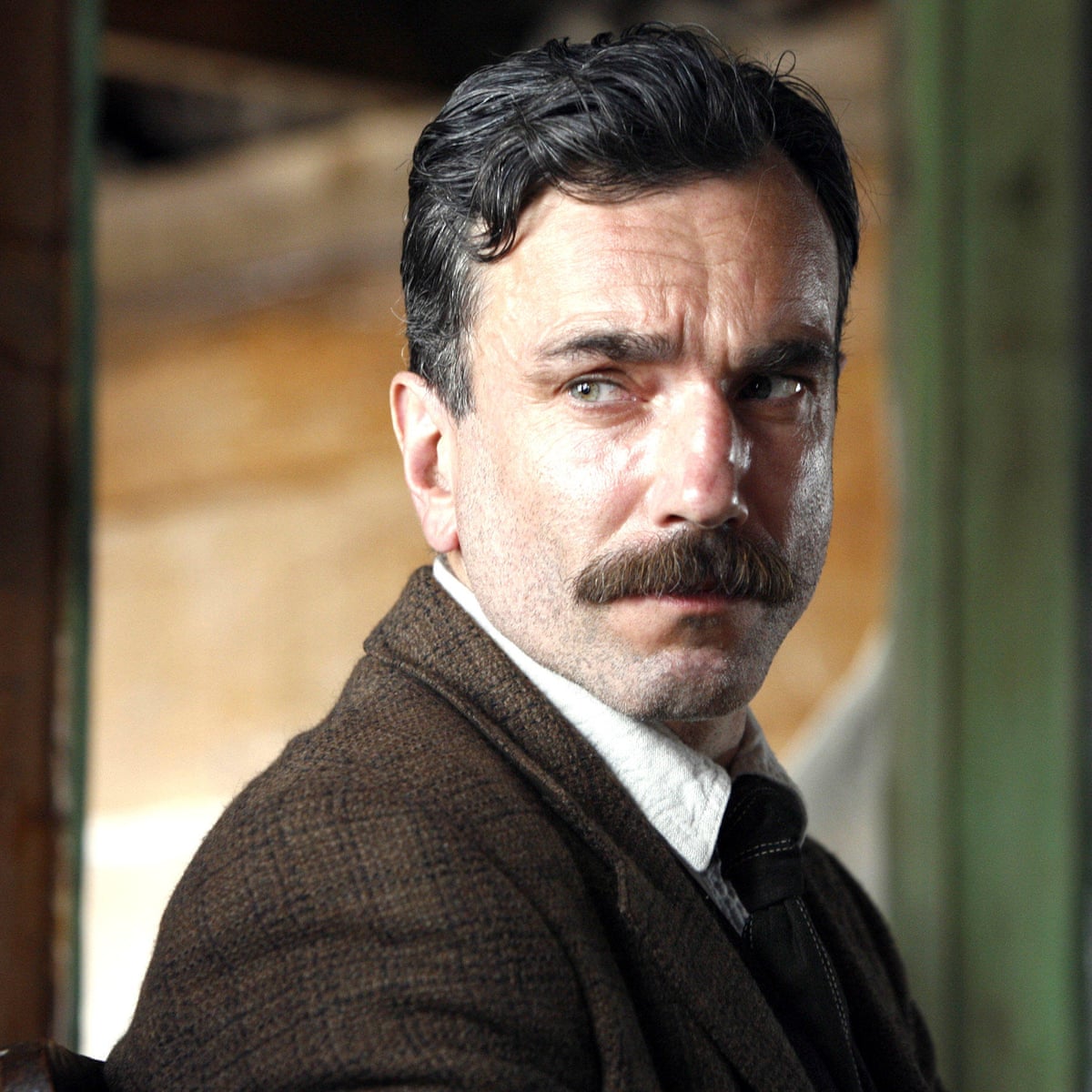Daniel Day-Lewis
Daniel Day-Lewis

Sir Daniel Day-Lewis, born on April 29, 1957, in London, England, is widely regarded as one of the greatest actors in the history of cinema. Over his illustrious career spanning more than four decades, he amassed numerous accolades, including three Academy Awards, four BAFTA Awards, three Screen Actors Guild Awards, and two Golden Globe Awards. In recognition of his contributions to drama, Day-Lewis was knighted in 2014.
Day-Lewis's journey in acting began at the National Youth Theatre, where he demonstrated his talent on stage before further honing his skills at the Bristol Old Vic Theatre School. Despite receiving traditional training, he became known as a method actor, renowned for his intense dedication to researching and embodying his characters. Maintaining a fiercely private persona, Day-Lewis seldom grants interviews and keeps a low profile in public.
In the early 1980s, Day-Lewis transitioned between theatre and film, showcasing his versatility by joining esteemed institutions like the Royal Shakespeare Company and delivering memorable performances in productions such as "Romeo and Juliet" and "A Midsummer Night's Dream." However, his stage career came to an unexpected halt during a performance of "Hamlet" at the National Theatre in London, where he left the stage midway after a breakdown during a pivotal scene.
Day-Lewis gained widespread recognition for his breakthrough roles in films like "My Beautiful Laundrette," "A Room with a View," and "The Unbearable Lightness of Being." His stellar performances in "My Left Foot," "There Will Be Blood," and "Lincoln" earned him Academy Awards, solidifying his status as a cinematic powerhouse.
Throughout his career, Day-Lewis delivered acclaimed performances in a range of films, including "Gandhi," "The Last of the Mohicans," "Gangs of New York," and "Phantom Thread." Despite periods of retirement, during which he pursued interests outside of acting, Day-Lewis continued to captivate audiences with his profound portrayals on screen.
In 2017, Day-Lewis announced his retirement from acting once again, marking the end of an era for one of cinema's most revered talents. His legacy continues to inspire generations of actors and cinephiles alike, cementing his place in the pantheon of acting greatness.

Daniel Michael Blake Day-Lewis was born on April 29, 1957, in Kensington, London, to poet Cecil Day-Lewis and actress Jill Balcon. He grew up alongside his older sister Tamasin Day-Lewis, who later became a television chef and food critic. Day-Lewis's diverse heritage included Protestant Anglo-Irish roots from his father's side and Jewish ancestry from his mother's side, with her family originating from Latvia and Poland. His maternal grandfather, Sir Michael Balcon, played a significant role in the development of the British film industry.
After moving to Croom's Hill in Greenwich, Day-Lewis experienced challenges during his childhood, including bullying for his Jewish heritage and perceived poshness. Despite these difficulties, he adapted by mastering the local accent and mannerisms, which he considered his first convincing performance. His younger years were marked by disorderly behavior, often getting into trouble for petty crimes like shoplifting.
Sent as a boarder to Sevenoaks School in Kent in 1968, Day-Lewis discovered his passions for woodworking, acting, and fishing. However, he transferred to Bedales in Petersfield, Hampshire, after two years due to his growing disdain for Sevenoaks. At Bedales, he thrived in its more relaxed and creative environment.
Day-Lewis made his film debut at age 14 in "Sunday Bloody Sunday," relishing the opportunity to vandalize cars for a small payment. Tragedy struck in 1972 when his father passed away from pancreatic cancer, prompting the family to seek solace at the home of Kingsley Amis and Elizabeth Jane Howard.
Following his time at Bedales, Day-Lewis faced a pivotal moment in his life when he applied for a woodworking apprenticeship but was turned down due to a lack of experience. Subsequently, he pursued his passion for acting and enrolled at the Bristol Old Vic Theatre School, where he honed his craft alongside talents like Miranda Richardson. His training at the Bristol Old Vic laid the foundation for his successful acting career, which would later earn him widespread acclaim and numerous awards.

During the early 1980s, Daniel Day-Lewis expanded his repertoire in theatre and television, showcasing his versatility in various roles. He appeared in the BBC productions "Frost in May," portraying an impotent man-child, and "How Many Miles to Babylon?," where he depicted a World War I officer torn between his allegiances to Britain and Ireland. Additionally, he made his film debut in a small part in "Gandhi" (1982) as Colin, a South African street thug who racially bullies the title character.
In late 1982, Day-Lewis landed a significant theatre role when he took over the lead in "Another Country," which had premiered the previous year. This marked a breakthrough for him in the theatre scene. He continued to excel on stage and screen, taking on supporting roles such as the conflicted first mate in "The Bounty" (1984) and portraying Romeo in "Romeo and Juliet" and Flute in "A Midsummer Night's Dream" with the Royal Shakespeare Company.
In 1985, Day-Lewis delivered his first critically acclaimed performance in the film "My Beautiful Laundrette," where he portrayed a young gay English man in an interracial relationship. This role garnered him significant attention and established him as a promising talent in the industry. The same year, he showcased his versatility by playing Cecil Vyse, an upper-class fiancé, in "A Room with a View," based on the E. M. Forster novel.
Day-Lewis further solidified his reputation as a versatile actor with his portrayal of a Czech surgeon in Philip Kaufman's adaptation of Milan Kundera's "The Unbearable Lightness of Being" (1987). Immersing himself in the role, he learned Czech and remained in character throughout the entire shooting schedule, demonstrating his dedication to his craft.
His commitment to method acting reached new heights in 1989 with his portrayal of Christy Brown in Jim Sheridan's "My Left Foot." Day-Lewis's transformative performance as the cerebral palsy-afflicted artist won him numerous awards, including the Academy Award for Best Actor and the BAFTA Award for Best Actor. He immersed himself in the role by spending time with people with disabilities, refusing to break character on and off the set, and undergoing physical challenges to accurately portray Brown's experiences. His dedication to authenticity and his ability to fully inhabit his characters solidified his reputation as one of the most talented actors of his generation.
References
- Appelo, Tim (8 November 2012). "Daniel Day-Lewis Spoofs Clint Eastwood's Obama Chair Routine at Britannia Awards (Video)". The Hollywood Reporter. Archived from the original on 1 February 2013. Retrieved 19 April 2013. I know as an Englishman it's absolutely none of my business.
- ^ "Daniel Day-Lewis Q&A; -". timeout.com. 20 March 2006. Archived from the original on 15 November 2011. Retrieved 13 January 2024. If I really chose to look at myself, I'd say that probably the thing I'm least interested in about myself is the fact that I'm a middle-class Englishman.
- a b c "Daniel Day-Lewis: the greatest screen actor ever?". The Telegraph. Archived from the original on 29 November 2017. Retrieved 16 June 2020.
- a b c Bowles, Scott (24 February 2013). "Is Daniel Day-Lewis now the greatest actor of all time?". USA Today. Archived from the original on 10 October 2017. Retrieved 28 June 2016.
- a b c Queenan, Joe (25 February 2013). "Oscars 2013: do his three Oscars make Daniel Day-Lewis the greatest?". The Guardian. Archived from the original on 3 January 2018. Retrieved 27 October 2017.
- a b c Simkins, Michael (22 June 2017). "Actors usually envy each other. But Daniel Day-Lewis is a class apart". The Guardian. Archived from the original on 22 March 2019. Retrieved 21 March 2019. Most of us would start any list of those few truly exceptional actors – the shape-shifters as they are sometimes called, individuals who can inhabit another character in its entirety without ever lapsing into impersonation – with Marlon Brando, then veer off into a truculent debate about whether Laurence Olivier was the greatest of them all or just an old ham with stale tricks. Robert De Niro would get a mention of course – Meryl Streep, no doubt. But almost everyone would finish with Day-Lewis.
- a b c "Queen's Honours: Day-Lewis receives knighthood". BBC News. 13 June 2014. Archived from the original on 8 February 2021. Retrieved 14 June 2014.















































